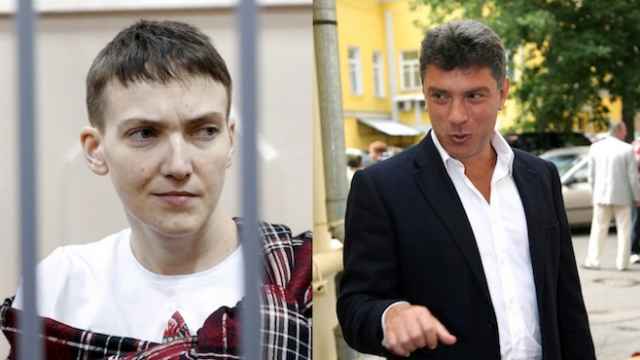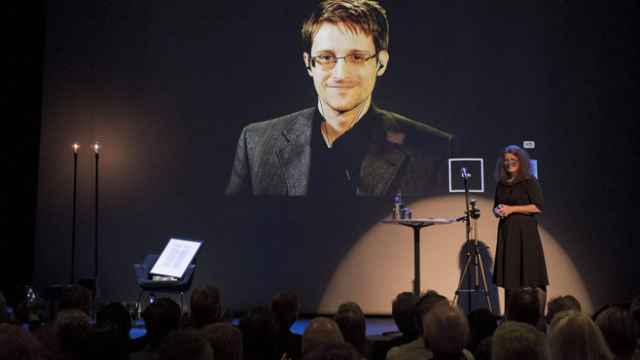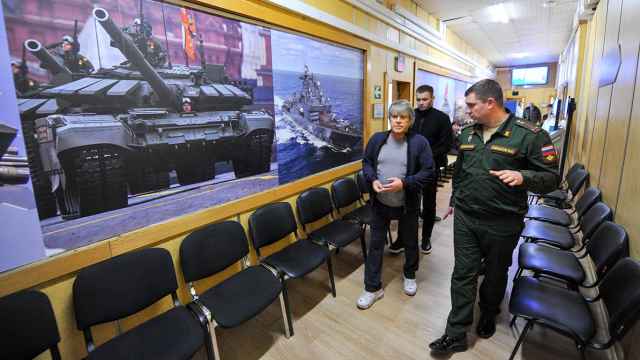Fugitive former U.S. spy contractor Edward Snowden on Thursday backed a push for an international treaty on privacy rights, protection against improper surveillance and of whistleblowers as he said more countries are trying to boost spying powers.
Speaking via video conference from Russia, which granted him asylum in 2013 after he leaked details of mass U.S. surveillance programs, Snowden said mass spying was a global problem that needs a global response.
"We have to have a discussion, we have to come forward with proposals to go 'how do we assert what our rights are, traditionally and digitally and to ensure that we can not just enjoy them, but we can protect them," Snowden said.
On the eve of the annual gathering of world leaders at the United Nations, Snowden, campaign group Avaaz, journalist Glenn Greenwald — who obtained Snowden's leaked documents — and his partner David Miranda launched the campaign for what they dubbed the Snowden Treaty.
"We see that in many countries around the world governments are aggressively pressing for more power, more authority, more surveillance rather than less," said Snowden, citing Australia, Canada, Britain and France.
"In every case these policy proposals that work against the public are being billed as public safety programs," he said.
Snowden acknowledged that the campaign for a treaty was likely to take years.
Miranda said a draft of possible treaty, developed by international legal experts on Internet freedoms and surveillance, had been shared with some countries, but he declined to name those states.
In December, the United Nations General Assembly expressed concern about digital spying. It also said unlawful or arbitrary mass surveillance and the interception and collection of online data are "highly intrusive acts" that violate privacy rights. The 193-member General Assembly adopted a non-binding resolution.
In July the UN Human Rights Council appointed its first digital privacy investigator, Malta's Joseph Cannataci.
A Message from The Moscow Times:
Dear readers,
We are facing unprecedented challenges. Russia's Prosecutor General's Office has designated The Moscow Times as an "undesirable" organization, criminalizing our work and putting our staff at risk of prosecution. This follows our earlier unjust labeling as a "foreign agent."
These actions are direct attempts to silence independent journalism in Russia. The authorities claim our work "discredits the decisions of the Russian leadership." We see things differently: we strive to provide accurate, unbiased reporting on Russia.
We, the journalists of The Moscow Times, refuse to be silenced. But to continue our work, we need your help.
Your support, no matter how small, makes a world of difference. If you can, please support us monthly starting from just $2. It's quick to set up, and every contribution makes a significant impact.
By supporting The Moscow Times, you're defending open, independent journalism in the face of repression. Thank you for standing with us.
Remind me later.





